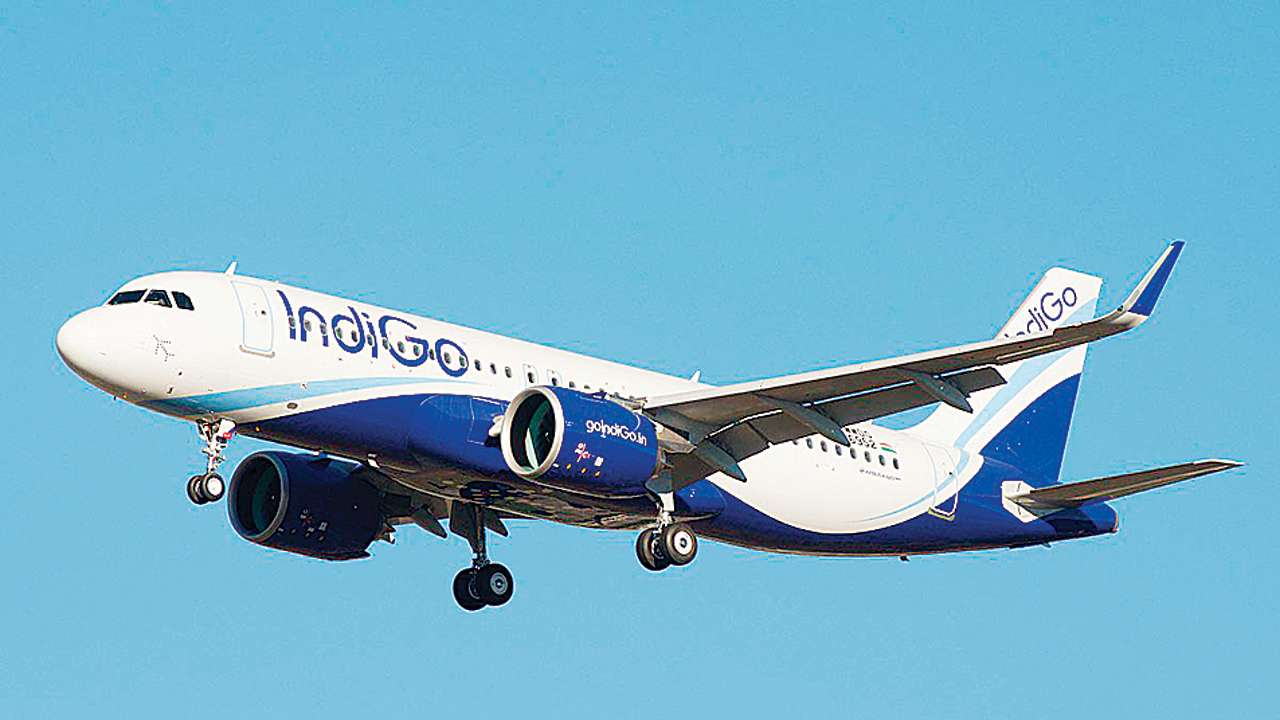
The scenario in the Indian aviation industry can be likened to a ‘tamasha’. The normal rules of business don’t apply here. No sooner does an airline reach the top that it begins its descent.
The list of such airlines show that the aviation sector is in dire need of basic and structural reforms. Jet Airways, which had taken over the mantle from Air India as the country’s leading airline, both domestically and globally, went down in a haze of financial losses and gross mismanagement.
It was following in the footsteps of Kingfisher, another market leader that sank without a trace, with its main promoter turning fugitive. Now the story is repeating itself. India’s current number 1, IndiGo, is in the news for the wrong reasons. The rift in the airlines’ top management is out in the open and it is a no-holds-barred battle going on there. What started out as a tiff between two IndiGo promoters, has devolved into a full-blown public brawl.
One of them has gone so far as to seek the intervention of market regulator, Securities and Exchange Board of India (SEBI). IndiGo also shows that mere equality of share holding is no guarantee of sound management. Rakesh Gangwal, a US national who along with his affiliates owns about 37% in the publicly-listed InterGlobe Aviation Limited, the parent company of IndiGo, has alleged irregularities in running of the company.
The violations are attributed to the InterGlobe Enterprises (IGE) Group, which represents co-founder Rahul Bhatia and his family members, who hold 38% of the share. There is little doubt that there is need for the government to introspect. Is it only mismanagement — which it certainly is — going by the exchange of correspondence between the two main promoters? Or is it also a case of faulty government policies that lead to such all-out battles of attrition?
As far as domestic airliners are concerned, they are working at a huge disadvantage. For one, they are burdened with taxes and levies at one end and high aviation turbine fuel (ATF) prices at the other. While an industry’s ideal cost of ATF should not exceed over 25% of the total cost, in India due to the oligopolistic nature of ATF supply, domestic prices are much higher than in other countries. But administrative affairs apart — which may or may not have a direct bearing on how promoters behave — the government needs to play a more interventionist role in the running of aviation companies in this country.
It is up to the ministry of civil aviation to enforce best practices and keep an eye on how partners behave. Promoters, influential as they are, cannot be allowed to run companies as their personal fiefdom and need to be made accountable. The SEBI has to get into activist mode to ensure that the charges and counter-charges flying between the two principle promoters end. The companies may be private, but they are also accountable to the paying public.